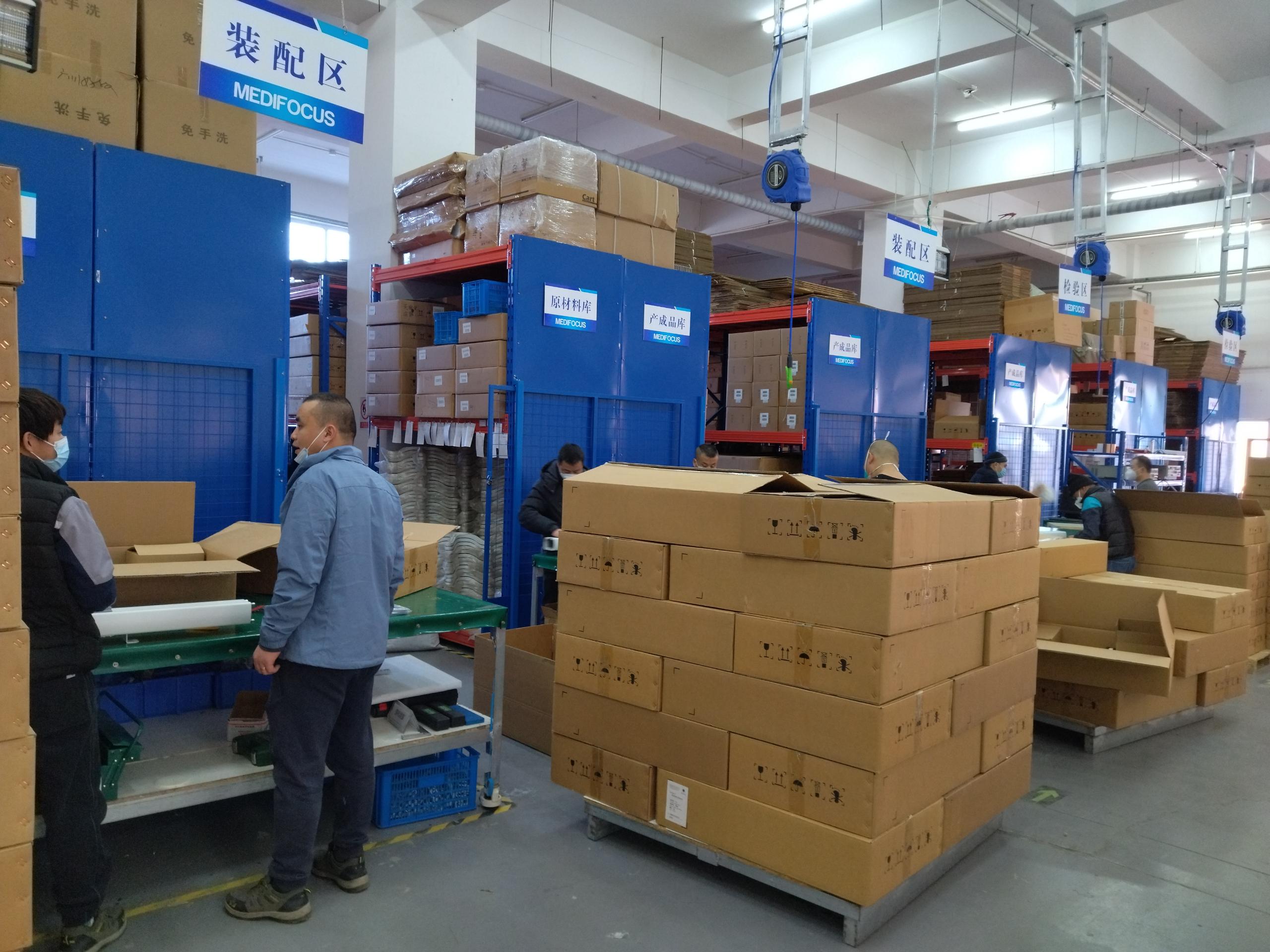Since the beginning of December, epidemic prevention and control policies have been liberalized across the country. Nucleic acid testing is now no longer available for entry into public places and for travel on public transportation. The trip card has also been taken offline as of December 13 at 00:00. There is now no need to test for nucleic acid to enter most places, and many places do not even need to scan the code to enter. From non-essential not to go out to non-essential not to do the nucleic acid perhaps many people have not been able to adapt to such a drastic change for a while.

At this stage it is simply not possible to completely eradicate the new coronavirus. Prevention and control measures around the world are aimed at containing the spread of the epidemic through the transmission route, but no specific drug has been invented that can directly kill the new coronavirus. Now it seems unlikely that the new crown will suddenly disappear like SARS, so we can only rely on the future development of human biomedical technology to solve this problem.
At present, Omicron is indeed becoming more and more infectious, but its toxicity has actually weakened a lot. Data from a joint study by the University of Hong Kong and Hainan Medical College show that the current variant of Omicron is geometrically reduced in pathogenicity compared to the original strain of the new coronavirus and other subsequent variants. The State Key Laboratory of Virology at Wuhan University has also confirmed that the pathogenicity and virulence of the Omicron variant have been significantly reduced. The choice of the country to liberalize now is also based on the scientific judgment that the pathogenicity of the new coronavirus is gradually decreasing.

The gradual and orderly liberalization of controls is a national adjustment to the current epidemic situation, and the gradual opening of controls will inevitably increase human-to-human contact. If we want to liberalize control, we must first consider whether our health care system can withstand such risks. International experience shows that there will almost certainly be a backlash in the early stages of epidemic liberalization.
Therefore, once a decision is made to gradually liberalize, it is important to stockpile sufficient medical supplies to avoid a run on them. In particular, the demand for ventilator procurement is again showing a significant increase, and many hospitals and clinics are in urgent need of ventilators, air compressors and other respiratory products to deal with the corresponding diseases. As a supplier of medical ventilator mobile solutions, we are also stepping up the production of more ventilator dollies for the urgent needs of manufacturers.

At the same time, we need to correctly understand the epidemic prevention policy to insist on all the preventive measures: wear a good mask when you go out, keep social distance, insist on washing hands regularly, and go to as few crowded places as possible ……
Post time: Dec-27-2022







